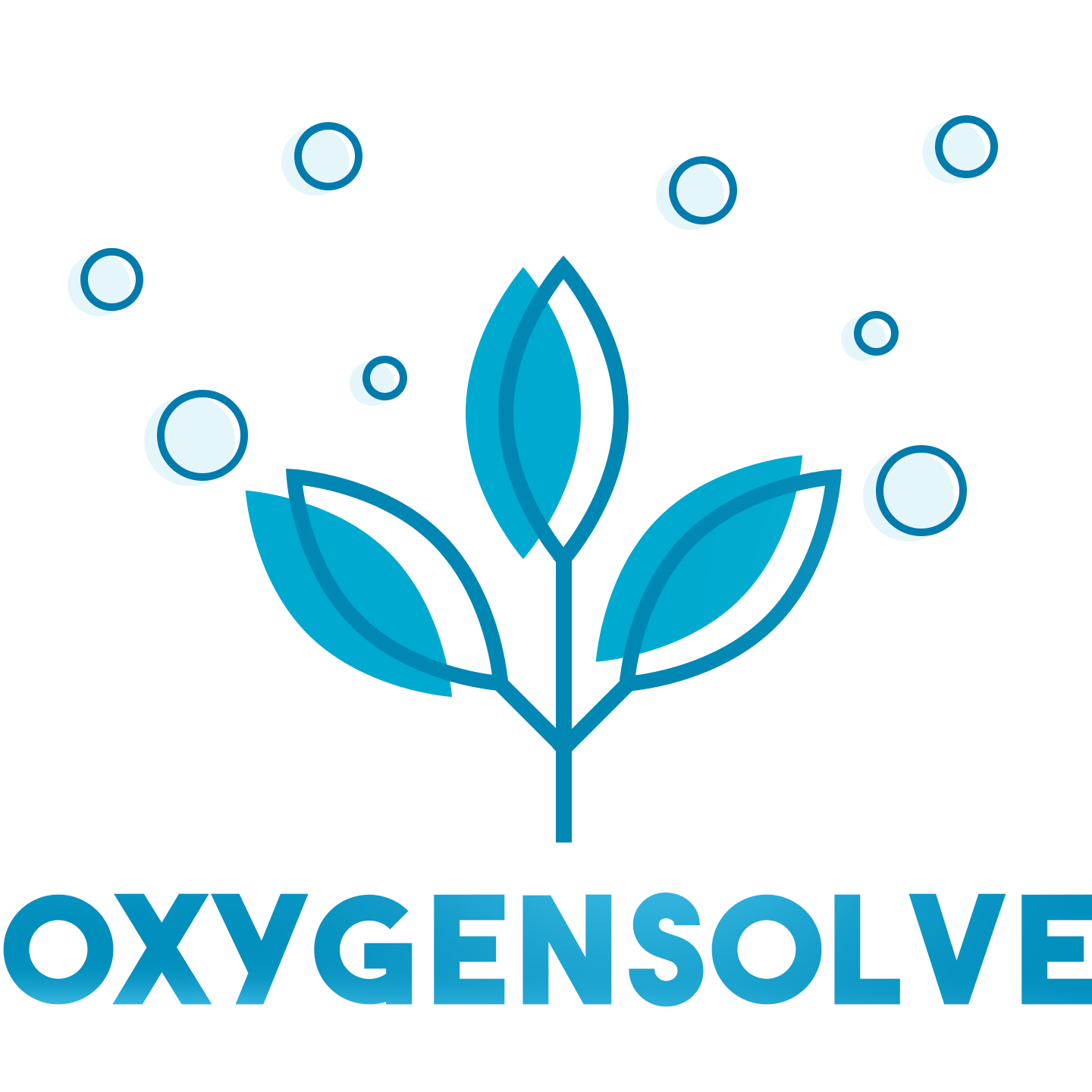CPAP vs. BiPAP: Choosing the Right Respiratory Support for Sleep Apnea
CODE
Sleep apnea is a prevalent sleep disorder characterized by repeated pauses in breathing during sleep. These pauses can disrupt sleep quality, leading to daytime fatigue, mood swings, and an increased risk for cardiovascular issues. Fortunately, effective treatment options exist to help manage sleep apnea and improve overall health. Two common therapies used are CPAP (Continuous Positive Airway Pressure) machines and BiPAP (Bi-Level Positive Airway Pressure) machines.
While both CPAP and BiPAP machines deliver pressurized air to keep your airway open during sleep, they differ in how they manage pressure levels. Understanding these differences is crucial for determining which therapy is most appropriate for your individual needs.
CPAP Machine
A CPAP machine delivers a constant, fixed level of air pressure throughout the night. This pressure helps splint open your airway, preventing breathing pauses and promoting restful sleep.
Who is CPAP Machine Typically Prescribed For?
CPAP machine is generally considered the first-line treatment for most cases of obstructive sleep apnea (OSA), the most common type of sleep apnea. It is particularly effective for individuals with:
- Mild to moderate OSA severity: CPAP's consistent pressure effectively opens the airway in most mild and moderate cases.
- Stable breathing patterns: If your breathing patterns don't fluctuate significantly during sleep, a fixed pressure from CPAP is typically sufficient.
- Tolerance for constant pressure: Some individuals may find the constant pressure of CPAP uncomfortable, especially when exhaling. However, many people adjust well to CPAP therapy over time.
Benefits of CPAP Machine
- Effective treatment for most OSA cases.
- Relatively simple and user-friendly.
- Widely available and covered by most insurance plans.
Limitations of CPAP Machine
- Constant pressure can feel uncomfortable for some users.
- May cause leaks around the mask, disrupting sleep.
- Requires regular cleaning and maintenance.
BiPAP Machine
A BiPAP machine delivers two levels of air pressure: a higher pressure for inhalation (when you breathe in) and a lower pressure for exhalation (when you breathe out). This can be beneficial for individuals who struggle to exhale against the constant pressure of CPAP.
Who is BiPAP Machine Typically Prescribed For?
BiPAP machine is typically prescribed for individuals with:
- Severe OSA: In severe cases, the airway may require significant support during both inhalation and exhalation, making BiPAP more suitable.
- Underlying medical conditions: Individuals with certain medical conditions, such as heart disease or chronic obstructive pulmonary disease (COPD), may benefit from the pressure support offered by BiPAP.
- Intolerance to CPAP: If you find CPAP machine uncomfortable or struggle to exhale against the constant pressure, BiPAP machine might be a better option.
Benefits of BiPAP Machine
- Provides more tailored pressure support for breathing.
- Can be more comfortable for those who find CPAP pressure uncomfortable.
- Beneficial for individuals with central sleep apnea and certain medical conditions.
Limitations of BiPAP Machine
- More complex to operate than CPAP machines.
- May be less widely available than CPAP.
- May not be covered by all insurance plans.
The Importance of a Sleep Study in Determining Your Sleep Apnea Treatment

Throughout this blog post, we've discussed CPAP and BiPAP therapy as effective treatment options for sleep apnea. But how do you know which therapy is right for you? This is where a sleep study, also known as a polysomnography, plays a crucial role.
What is a Sleep Study?
A sleep study is a diagnostic test conducted overnight in a sleep lab or, in some cases, at home. During the study, you'll be monitored by a sleep technician while you sleep. Various sensors will be attached to your body to collect data on:
- Brain waves (EEG): This measures your brain activity and sleep stages.
- Eye movements (EOG): This tracks your eye movements during sleep, which can indicate REM sleep and potential sleep disturbances.
- Muscle activity (EMG): This measures muscle activity in your legs and chin, which can help identify episodes of sleep apnea.
- Breathing patterns: This monitors your breathing rate and oxygen levels throughout the night.
- Blood pressure (optional): In some cases, your blood pressure may also be monitored.
How Clinicians Decide Between CPAP and BiPAP
The data collected during a sleep study provides valuable insights into your sleep patterns and the severity of your sleep apnea. This information helps your doctor determine:
- The type of sleep apnea you have: The study can differentiate between obstructive sleep apnea (OSA) and central sleep apnea (CSA).
- The severity of your sleep apnea: The number of apneas and hypopneas (partial breathing reductions) you experience per hour will indicate the severity.
- Your oxygen desaturation levels: The study measures how low your blood oxygen levels dip during apneas, which can influence treatment decisions.
- Your response to different pressure settings: In some cases, the sleep study may involve a trial of CPAP with varying pressure settings to assess your response.
Benefits of a Sleep Study
- Accurate diagnosis of sleep apnea: A sleep study is the gold standard for diagnosing sleep apnea and determining the type and severity.
- Guides treatment decisions: The data from the study helps your doctor choose the most appropriate therapy, CPAP or BiPAP, based on your individual needs.
- Identifies other sleep disorders: A sleep study can also uncover other sleep disorders such as restless legs syndrome or periodic limb movement disorder.
A sleep study is a vital step in managing sleep apnea effectively. By understanding the severity and type of sleep apnea you have, your doctor can recommend the most appropriate treatment option, whether CPAP or BiPAP therapy. If you suspect you might have sleep apnea, talk to your doctor about scheduling a sleep study to take control of your sleep and improve your overall health.
A Comparison Table: CPAP vs. BiPAP Machine
The table below summarizes the key differences between CPAP and BiPAP therapy:
| Feature | CPAP | BiPAP |
|---|---|---|
| Product image |  |
 |
| Pressure Delivery | Constant, fixed pressure | Two levels: higher pressure for inhalation, lower pressure for exhalation |
| Suitability | Mild to moderate OSA, stable breathing patterns, tolerance for constant pressure | Severe OSA, underlying medical conditions, intolerance to CPAP |
| Comfort | May be uncomfortable for some users, especially when exhaling | Can be more comfortable than CPAP for those who find constant pressure bothersome |
| Complexity | Relatively simple to operate | More complex to operate than CPAP |
| Insurance Coverage | Typically covered by most insurance plans | May not be covered by all insurance plans |
Remember: This table provides a general overview. The best therapy for you will be determined by your sleep specialist based on your individual needs and medical history.
Oxygensolve: Your Partner in Sleep Health
At Oxygensolve, we understand the importance of choosing the right respiratory support therapy for your sleep apnea. We offer a wide range of CPAP and BiPAP machines, ensuring you have access to the latest technology for effective treatment.
Here are some additional factors a sleep specialist might consider when making a recommendation:
- Your response to a trial of CPAP: In some cases, you may be prescribed a trial of CPAP therapy before considering BiPAP. Your response to the trial can help determine if BiPAP is necessary.
- Your ability to use the equipment: BiPAP machines can be slightly more complex to operate than CPAP machines. Your ability and comfort level with using the equipment will be factored into the decision.
Frequently Asked Questions (FAQ):
- What happens if I don't use my CPAP or BiPAP machine?
Untreated sleep apnea can lead to serious health complications, including heart disease, stroke, and high blood pressure. Using your prescribed therapy regularly is crucial for maintaining good health.
- Can I travel with my CPAP or BiPAP machine?
Yes! Portable CPAP and BiPAP machines are available, making it easier to maintain your therapy while traveling. Talk to your doctor about obtaining a portable machine and any necessary accessories for travel.
- How often should I clean my CPAP or BiPAP machine?
Regular cleaning of your machine and mask is essential for hygiene and optimal performance. Follow the manufacturer's instructions for cleaning frequency and procedures. Oxygensolve offers a variety of cleaning supplies specifically designed for CPAP and BiPAP equipment.
- Where can I get help if I'm having trouble with my CPAP or BiPAP machine?
Our team at Oxygensolve is here to help! We offer support and troubleshooting for CPAP and BiPAP machines. Additionally, your sleep specialist can answer any questions or address concerns you may have.
Taking Control of Your Sleep Apnea
By understanding the differences between CPAP and BiPAP Machine and working closely with your sleep specialist, you can find the most effective treatment option for a good night's sleep and improved overall health. Oxygensolve is committed to providing you with the resources and support you need on your journey to better sleep.
Contact Oxygensolve today to learn more about CPAP, BiPAP therapy, and how we can help you breathe easier and sleep sounder.






















